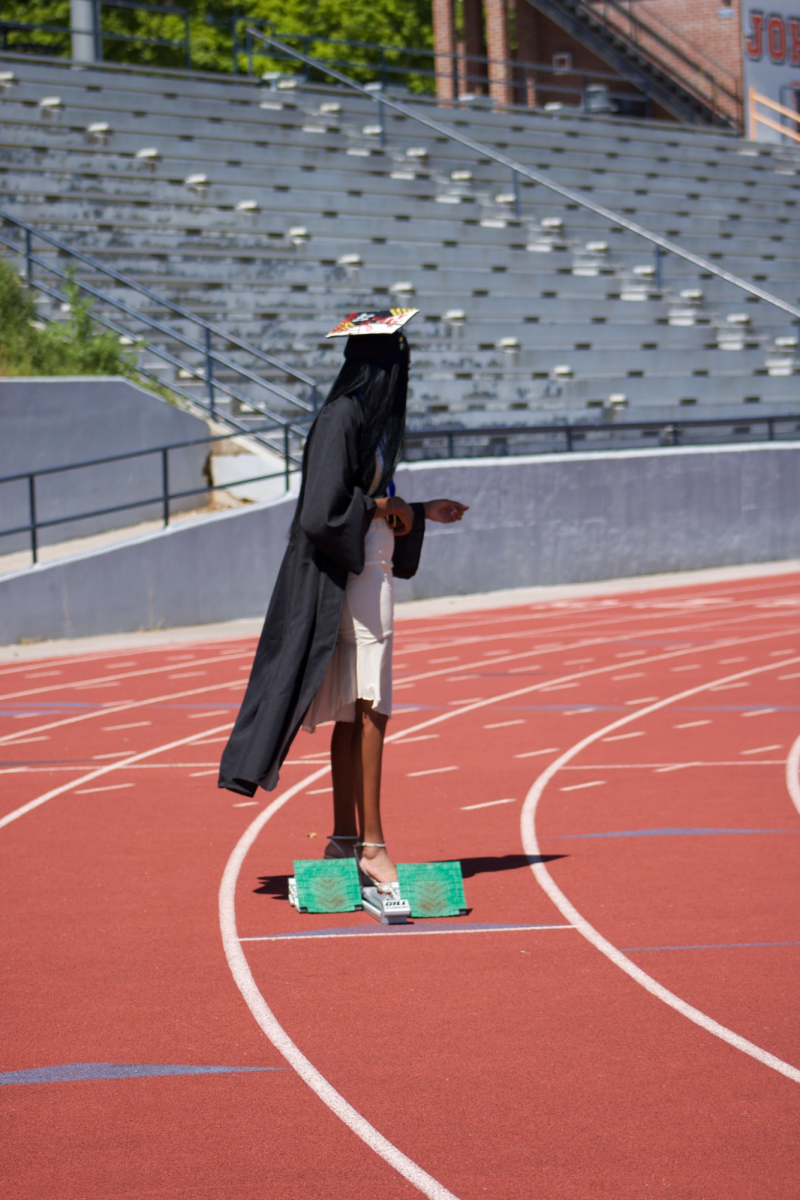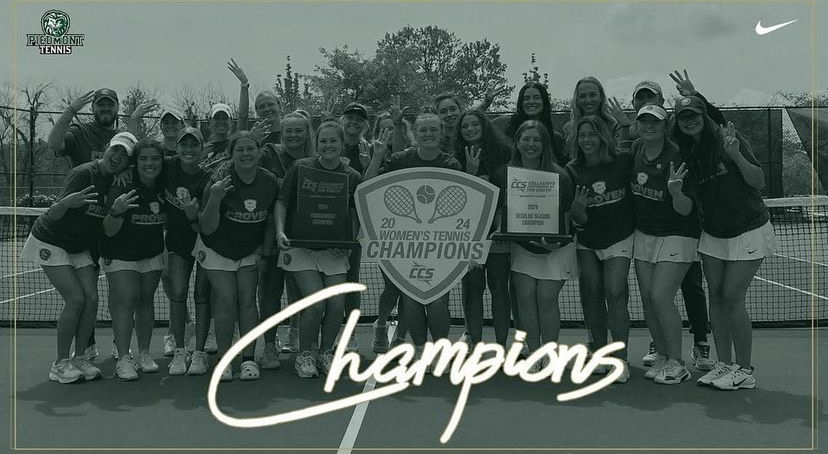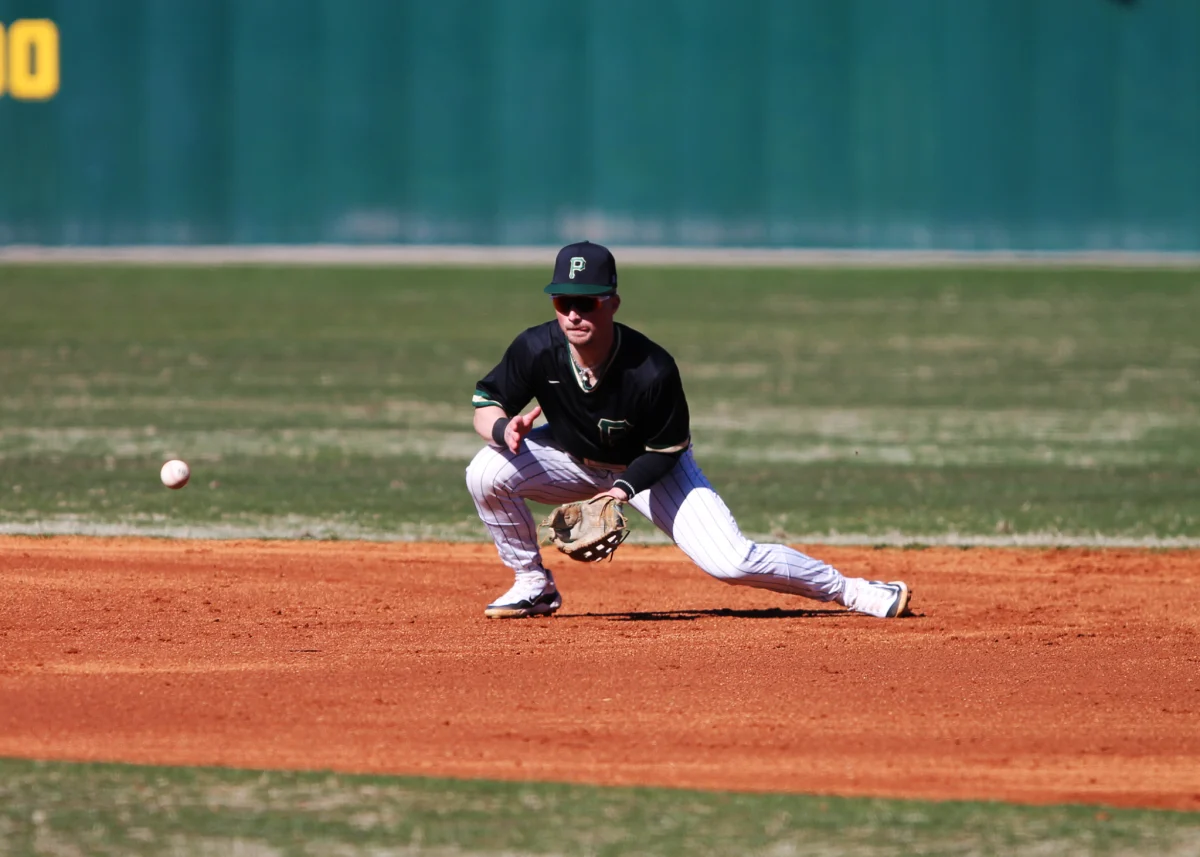Give Yourself a Break, Student-Athlete Edition
Anya Olson, member of the Piedmont College Women’s Soccer team, headed to play in Maryville, TN. It is hard to balance everything that comes with athletics, schoolwork and personal care. // Photo Courtesy of Piedmont College Women’s Soccer Instagram.
March 8, 2021
Sleep. Eat. School. Athletics. Repeat.
For most college athletes, their life revolves around their sport. When a college athlete is not in the classroom grinding their academics, they are on the field grinding out their sport. Spare time is never guaranteed for a college athlete.
Under current NCAA rules, student-athletes are not supposed to spend more than 20 hours a week on required athletic activities. Most college coaches maximize those 20 hours with two-hour practices five times per week, as well as daily weight training up to four times per week.
Twenty hours of athletics per week can become overwhelming when classes already take up most of the day. In order to be considered a full-time student, individuals have to take 12 credit hours, which equates to about four courses. Most students take on a heavier load which tends to be 15 to 18 credit hours per semester. Altogether, school and athletics can take up 32 to 38 hours of a student-athlete’s 168-hour week.
In a 2018 survey conducted by Duke University, students reported having about 17 hours of homework, reading and studying per week. That does not even include the bare necessities of life, such as sleeping and eating. An average amount of sleep for a college student is estimated to be six to seven hours based on research from the University of Georgia. As a complete calculation, adding in school, sports, sleeping and eating, student-athletes average 91 to 104 hours of occupied time.
After determining student-athletes’ schedules, it becomes easier to understand the pressure these students face. College and sports are very demanding activities that consume individuals’ lives. It is important for student-athletes to take downtime to relax and focus on themselves. Stresses including family, finance, social and personal issues impact students daily. If these busy student-athletes do not take time to unwind and relax, then more stress will accumulate in their lives.
According to the American Psychological Association, when stress is ignored, symptoms including insomnia, anxiety and digestive issues arise. Even extremes such as heart disease and diabetes can occur.
Great stress relievers include getting more sleep, socializing with friends, meditating and finding ways to manage time successfully. It is very important that student-athletes find a healthy balance between their activities and downtime. Finding a way to relax and relieve the pressures of day-to-day life is beneficial to mental and physical health. Individuals who are experiencing stress due to the demands of being a student-athlete can always seek help through friends, family and college faculty. Resources regarding stress relief can be found within school faculty means such as counseling. Student-athletes should not feel disparaged for seeking help; managing and reducing stress will improve livelihood.






















